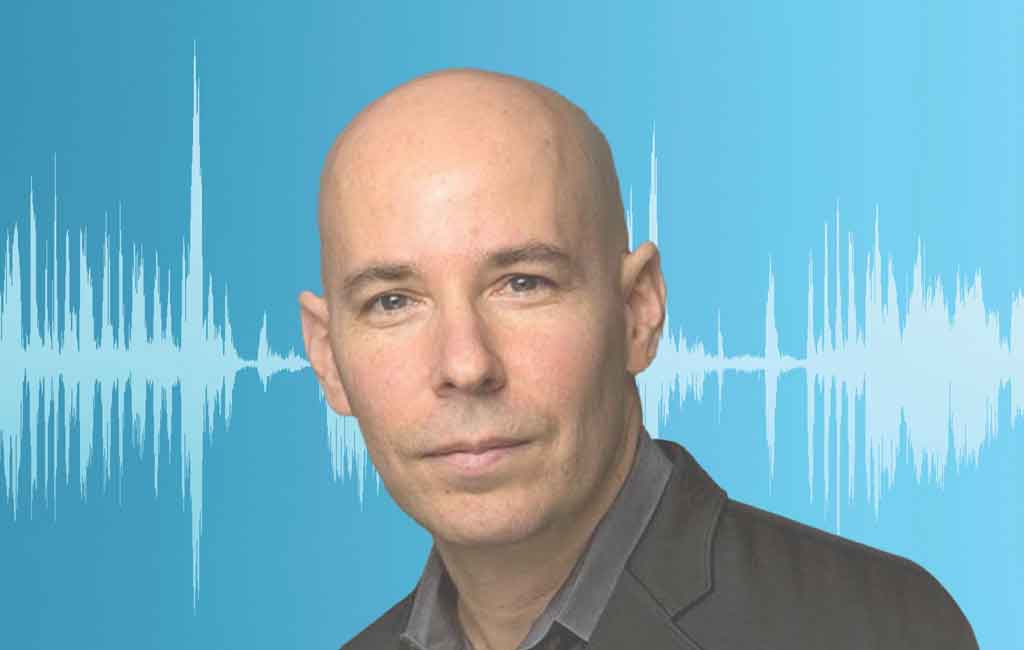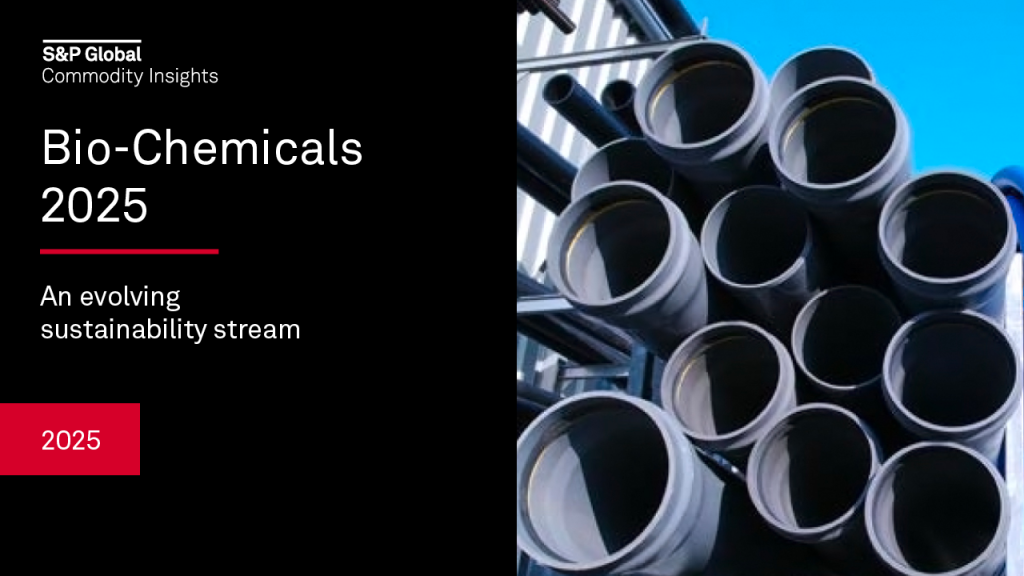Why future CSOs must aim for transformation, not mere progress
In this podcast episode, Parsons professor Raz Godelnik urges rising sustainability professionals to move beyond incrementalism and into systems-level transformation. Read More

- Corporate sustainability is facing a crisis of imagination, where incrementalism and outdated assumptions hinder transformative change.
- Companies need to move beyond “doing less harm” and embrace strategic design approaches that create systemic, regenerative value.
- Sustainability strategies often focus too much on efficiency and reporting, missing the opportunity to fundamentally redesign business models.
The Two Steps Forward podcast is available on Spotify, Apple Podcasts, Amazon Music and other platforms — and, of course, via Trellis. Episodes publish every other Tuesday.
Raz Godelnik, an associate professor of strategic design and management at Parsons School of Design Strategies, explores sustainable business models. In his writings on Medium, he weighs in on topics central to the profession of sustainability.
His graduate-level class on sustainable business models has been a mainstay for nearly a decade at Parsons. On the most recent episode of the Two Steps Forward podcast with me and my co-host, Solitaire Townsend, Godelnik offered five lessons garnered from teaching this class.
“You need to operate on different levels,” said Godelnik. “You need to meet people where they are. And meeting people where they are many times means that you don’t lead with sustainability. You actually lead with other priorities that people actually care more about.”
Also in this episode, Soli and I discuss the current state of the sustainability profession, and why it continues to flourish globally, flying in the face of a common misconception that corporate sustainability is dying (the topic of my recent essay on Trellis).
Thinking in systems
Godelnik’s critique of current corporate efforts calls for moving beyond incrementalism and into systems-level transformation that prioritizes values over profits. “We’re living in an era where, for the most part, what we’re doing is tweaking the system rather than transforming the system,” he told us. “I call it sustainability as usual … grounded in the prioritization of profit maximization and growth, mostly short-term growth.”
He urged companies and designers to focus on radical innovation that reimagines systems, rather than making marginal improvements within flawed ones.
“The fundamentals haven’t changed,” Godelnik said. “What has changed is the political environment … It’s also important to zoom out and to look into the regulatory environment, to look into social norms, to look into the market incentives.”
Less auditing, more strategy
Godelnik described how external conditions — regulation, social pressure, policy — can accelerate or impede corporate sustainability, often more than internal ambition. This distinction reflects a concern that compliance is crowding out creativity. True progress will require investment in bold, entrepreneurial approaches, he said.
“There’s a lot of managerial sustainability going on, not much entrepreneurial … They’re spending more money with auditing firms than on innovation and strategic activity and business model work.”
Ultimately, Godelnik’s goal as an educator is to empower future professionals to act decisively, experiment boldly, and retain clarity on the difference between incremental and radical change.
“What is really critical is how to instill in them a sense of agency … Even if these are just small ways of experimenting with change, if they will be doing it, that would be great.”
The Two Steps Forward podcast is available on Spotify, Apple Podcasts, Amazon Music and other platforms — and, of course, via Trellis. Episodes publish every other Tuesday.

Subscribe to Trellis Briefing
Featured Reports
















